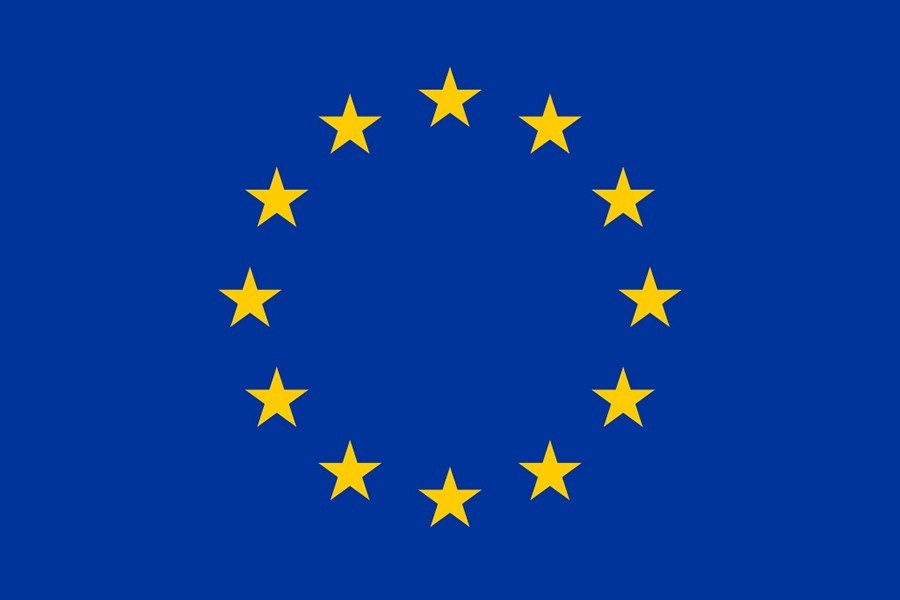Bangladesh needs to develop a longer-term strategy and action plan for strengthening trade and economic ties with the EU taking the emerging issues and policy shifts there into consideration mainly to address the post graduation challenges.
The country also needs to take preparation to grab more EU export market as China might lose 8.0 to 10 per cent market share there within next decade due to the global geo-political changes.
The European Union (EU) is not only the single largest export destination for local products but also one of the most important provider of critical development assistance and source of foreign direct investment.
Economists and experts made the observations at a virtual technical consultation titled 'Towards a Transformed and Revitalised Trade and Economic Partnership with the EU: Issues and Priorities for Bangladesh' held on Monday.
Research and Policy Integration for Development (RAPID) and FES Bangladesh jointly organised the event where Senior Commerce Secretary Tapan Kanti Ghosh and Professor, International Relations Department, University Dhaka (DU), Dr Delwar Hossain, were present as the chief guest and the guest of honour respectively.
Dhaka Chamber of Commerce and Industry (DCCI) President Rizwan Rahman, Bangladesh Trade and Tariff Commission's former member Dr Mostafa Abid Khan, DU IR Department Professor Dr Amena Mohsin and RAPID Chairman Dr M A Razzaque spoke at the programme, moderated by Centre for Policy Dialogue (CPD) Distinguished Fellow Dr Mustafizur Rahman.
Addressing the event, Dr M A Razzaque said Bangladesh fetched more than US $23 billion export earnings in the last fiscal year as 80 per cent of all trade preferences the country enjoys provided by the EU.
EU institutions and individual EU countries provided $2.3 billion during the past five years while since 2019, the EU provided a significant amount of (€247 million) budgetary support for social protection and extended support for the Rohingya refugee crisis and pandemic containment efforts, he said.
During 2017-21, net FDI (foreign direct investment) flow from the EU countries was $3.5 billion while the total stock of FDI from the EU was more than 12 per cent of the total stock in December 2021, the RAPID chairman said while making a presentation.
Several developments and challenges are surfacing that might affect Bangladesh-EU trade and economic relationships, he mentioned, saying these include, the transition towards a new trade preference regime following Bangladesh's graduation from the LDC status and the resultant potential loss in market access conditions and concessional development assistance.
Loss of export competitiveness arising from other countries' trade agreements with the EU and associated trade diversion, the implementation of the EU's Green Deal and its carbon border adjustment mechanism (CBAM) and the increasing emphasis of the Environmental, Social, and Governance (ESG) factors affecting trade and investment prospects, he continued.
Bangladesh should comply with the new EU GSP rules and regulations, he said, adding some 25 per cent companies of Germany prefer to follow the ESG in sourcing of goods from other countries.
Germany is Bangladesh's largest export destination in EU and second largest after the USA globally.
As per the draft proposals of EU GSP for 2024-34 regim, even if Bangladesh qualifies for GSP+, its clothing products could be subject to EU safeguard measures facing MFN tariffs.
Under GSP plus, local apparel items could face on an average 11.6 per cent tariff rate while it will face stricter rules of origin after graduation. Minimum value addition requirements for all exports, other than apparel, will increase from 30 per cent to 50 per cent.
Dr Razzaque said these factors call for an immediate policy attention to assess the major trends and emerging issues affecting the future of trade prospects with the EU.
He made a number of recommendations including developing a national level consensus on the options about emerging issues and any policy shifts in the EU and sensitising the decision-makers and exporters about the new realities.
Senior Commerce Secretary Mr Ghosh said Bangladesh has already been enjoying the benefit of global geo-political changes, as the country is receiving more work orders, particularly in the garment sector.
The country's export to the USA crossed the $10.0 billion mark for the first time in the last fiscal year registering 60 per cent growth, he noted.
Bangladesh has been negotiating with the EU for extension of the existing trade benefit after LDC graduation citing the Covid-19 fallouts, he added.
He stressed the necessity of signing Free Trade Agreement (FTA) once Bangladesh becomes a higher middle-income country.
CPD distinguished fellow Mr Mustafizur Rahman said the EU is an enlightened partner of Bangladesh as the bloc has been supporting the country since its independence. In different negotiations, the EU always stood beside Bangladesh, he noted.
The issues like the child labour, labour rights, human rights and protection of environment have been pressed by the EU are also necessary for Bangladesh to achieve its vision, he said adding "So, the EU-Bangladesh relations should be looked beyond the trade and investment."
Mr Delwar Hossain, in his address, said the global trade and investment scenario are also changing because of polarisation of global power and stressed the need for developing a long-term strategic relation with the EU to deal with the emerging issues.
DCCI President Mr Rizwan Rahman recommended forming a committee with all related ministries and stakeholders to effectively implement the ILO conventions.
Bangladesh needs to take preparation not only for LDC graduation but also for policy reforms as the country is going to be graduated to a developing country in 2026, said Mostofa Abid Khan.
Prof Amena Mohsin, in her speech, laid an emphasis on sharpening the country's negotiation skills under the changing geo-political and geo-strategic relations.


